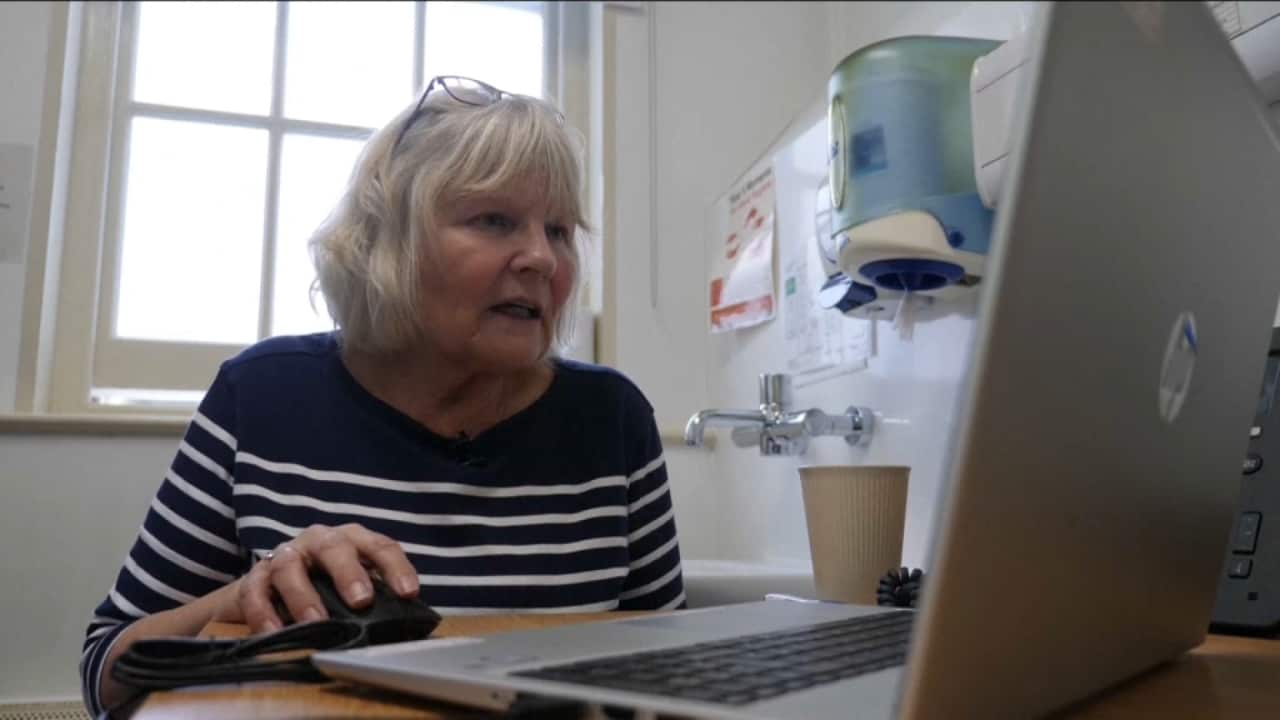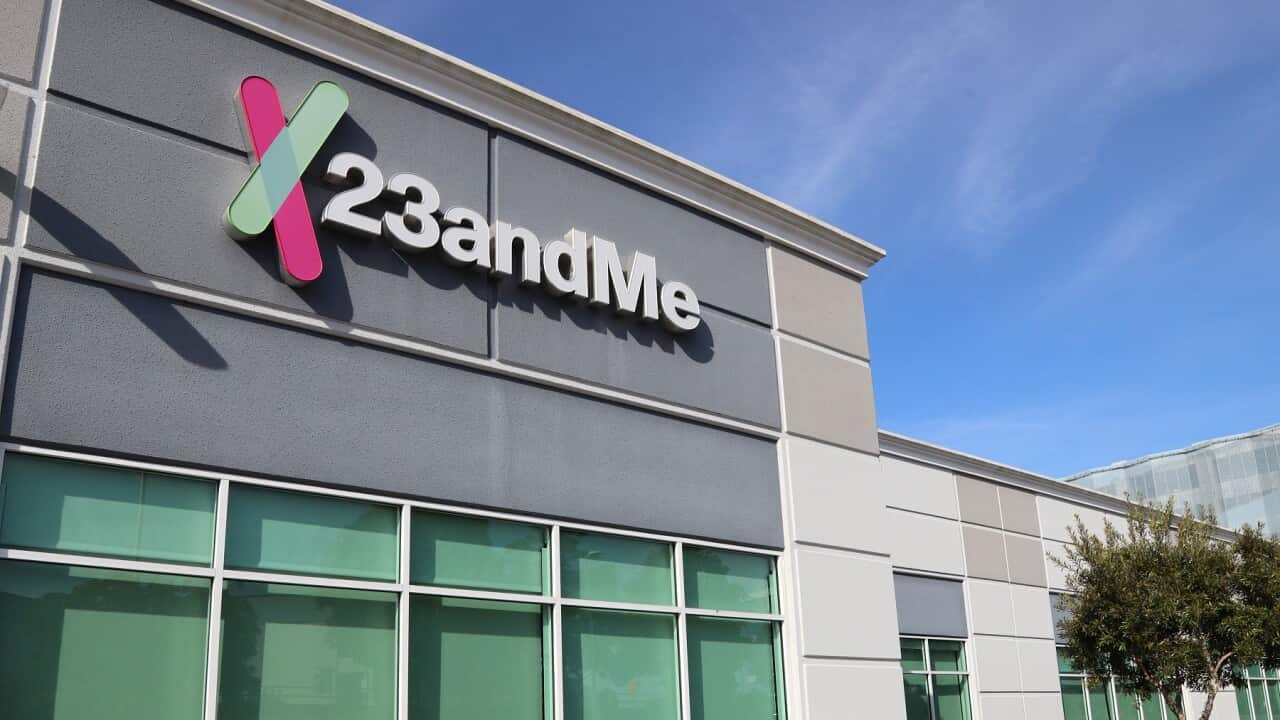TRANSCRIPT
Stephanie Everill is experiencing memory problems; words don't flow as they once did.
She's struggling to identify pictures of well-known animals.
DOCTOR: "Can you name these animals ? Can you name this one ?"
STEPHANIE: "I can't say that word"
Ms Everill is one of the first patients taking part in a trial in which a blood test is used to diagnose dementia, known as the Blood Biomarker Challenge.
The 67-year-old was diagnosed with Mild Cognitive Impairment about a year ago.
Her mother had Alzheimer’s and so she is keen to identify her condition.
Hospital scans indicate that her condition leans towards Alzheimer’s but she has yet to receive an official diagnosis.
"I just don't remember anything. It's just (pff) gone. I don't know if I could have some tablets to take. If I take a tablet and that starts it and it keeps my memory trying, keeping my brain really and working, remembering."
In Britain, just two percent of patients have access to 'gold standard' tests like PET scans or lumbar punctures.
Blood samples could offer a cheaper and more easily available diagnosis method.
In the study led by Professor Vanessa Raymon at the University of Oxford, blood samples are scanned for a series of proteins – biomarkers, associated with dementia.
She says it will help identify patients who may respond well to treatment.
"There are whole load of other drugs under development that are likely to come, be licensed and potentially available on the NHS over the next few years. Now those drugs are suitable for those people who have fairly early levels of memory impairment. So we need to get the diagnosis right to see if people are eligible and will benefit from those drugs."
New drugs, Leqembi and Kisunla, can modestly slow worsening symptoms by removing gunky amyloid from the brain.
They only work in the earliest stages of Alzheimer’s and proving patients qualify in time can be difficult.
Those benefits increase, however, if the drugs are administered early enough.
Professor Kaarin Jane Anstey from the University of New South Wales agrees that while medications can assist people in the early stages of dementia, they are not a cure.
She told SBS News symptom control is possible providing they're used in the early stages of the disease.
"They don't prevent or stop the disease progression, so the medications that are available now are really effective in the earlier stages of dementia and they are more to treat symptoms."
Professor Fiona Carragher is the chief policy and research officer at the Alzheimer's Society in the UK.
The Professor hopes that these new blood tests can help give an early diagnosis of Alzheimer’s disease and other causes of dementia - and give the new drugs a chance to help.
"Dementia is the UK's biggest killer. And what we know at the moment is that we are not getting a diagnosis. About a third of people in this country do not get a diagnosis. But the blood biomarker challenge is about revolutionising the diagnostic pathway and the blood test is a key part of that."
A report last year by the Australian Institute of Health and Welfare says dementia now affects almost half a million (411,000) Australians.
At the time, David Sykes, Director of the Centre for Dementia Learning at Dementia Australia, told SBS News it's a huge health issue for this country.
"Look it's clearly a crisis. Those numbers convey that very strongly. We just can't afford to see another report come out like this which shows the extent of this major health crisis for this country and we desperately need to take action now."
Leqembi has not been approved for use in Australia by the Therapeutic Goods Administration because it was felt that the risks of potential side effects outweighed the benefits.
In a statement following the rejection of the drug by the TGA, Dementia Australia CEO Professor Tanya Buchanan said the organisation was disappointed that Australians living with Alzheimer’s disease in its early stages may be unable to access the same choice of treatments as people living in other countries.
Leqembi's sponsor in Australia is asking the TGA to reconsider its decision.













